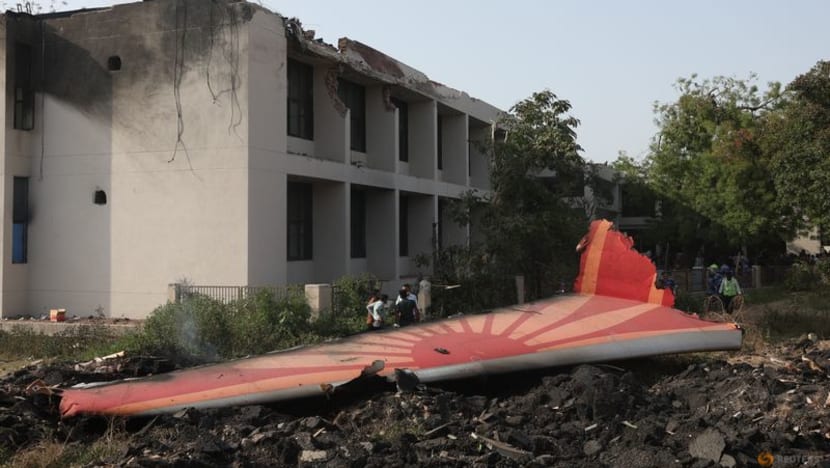

The recent crash of an Air India 787 Dreamliner near Ahmedabad has cast a long shadow over Boeing, adding to the aerospace giant's already substantial woes. While investigations are still in their early stages, the incident has triggered renewed scrutiny of Boeing's safety culture, quality control, and production practices, potentially hindering its efforts to regain public trust and stabilize its operations.
The Air India Flight AI171, a Boeing 787-8 Dreamliner en route to London Gatwick, crashed shortly after takeoff from Ahmedabad on June 12, 2025. The crash resulted in over 270 fatalities, including passengers, crew, and individuals on the ground. Preliminary reports indicate that the pilots issued a distress call citing power problems with the GEnx engines. Videos of the event showed the aircraft struggling to gain altitude before descending into an explosive crash.
In the immediate aftermath, the Directorate General of Civil Aviation (DGCA) in India ordered enhanced surveillance of Air India's Boeing 787 fleet. While initial inspections have not revealed any major safety concerns, the DGCA has advised Air India to strengthen internal coordination and ensure the availability of adequate spares to mitigate passenger delays. Air India has also temporarily reduced its widebody fleet operations by 15% for international routes, leading to flight cancellations and disruptions.
Tata Sons Chairman N Chandrasekaran stated that the crashed aircraft had a "clean history" with no prior maintenance issues or red flags. He mentioned that the right engine was newly installed in March 2025, and the left engine was last serviced in 2023. However, these assurances have done little to quell the rising tide of concern surrounding Boeing's overall safety record.
The Air India crash has reignited concerns about Boeing's safety culture, echoing issues raised in a Netflix documentary, "Downfall: The Case Against Boeing." The documentary highlights internal warnings about design flaws and production pressures that were allegedly ignored, prioritizing speed over safety. Whistleblowers have also faced retaliation for reporting issues, raising questions about the effectiveness of Boeing's stated reforms.
Boeing has faced persistent troubles with its 737 MAX aircraft after two fatal crashes in 2018 and 2019 that killed 346 people. The crashes were linked to a faulty sensor system that pushed the nose down, leaving pilots unable to regain control. The 737 MAX was grounded worldwide until Boeing redesigned the system. More recently, the NTSB issued an urgent safety recommendation to modify jet engines on Boeing's 737 MAX airplanes to prevent smoke from entering the cockpit after bird strikes.
In addition to safety concerns, Boeing has also faced financial woes and operational challenges. The company posted a loss of $11.8 billion in 2024, bringing its total losses since 2019 to over $35 billion. The company's financial problems were compounded by a strike by machinists who assemble the airplanes, which halted production and hampered Boeing's delivery capability.
The Air India 787 crash is likely to exacerbate Boeing's existing challenges. The accident has triggered renewed scrutiny of the 787 Dreamliner, which has faced safety-related scrutiny in the past, including incidents of overheating lithium-ion batteries and concerns about fuselage gaps. The crash could also lead to increased regulatory oversight and potential grounding of 787 aircraft, further disrupting Boeing's operations and deliveries.
The uncertainty surrounding the Air India 787 crash will undoubtedly add to Boeing's woes. The company faces a daunting task in addressing safety concerns, restoring public trust, and stabilizing its operations. The outcome of the crash investigation will be critical in determining the long-term impact on Boeing and its future in the aviation industry.